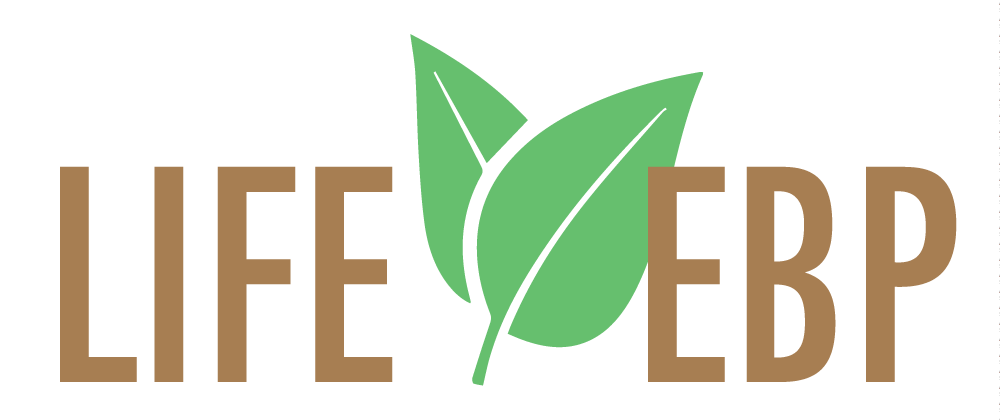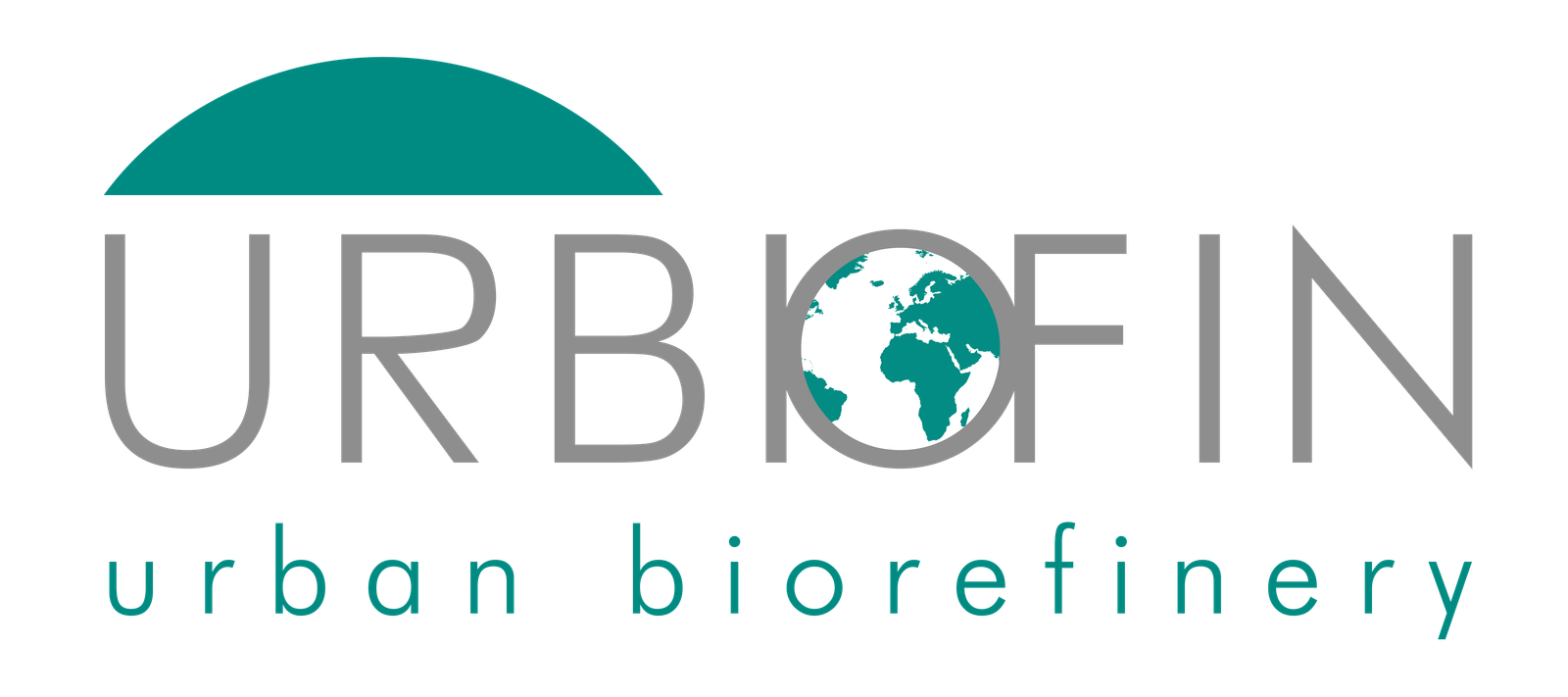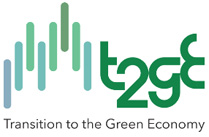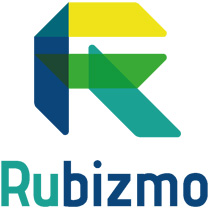Preserve project
Project concluded

Preserve: High performance sustainable bio-based packaging with tailored end of life and upcycled secondary use
Bio-based plastics, made in whole or partially from renewable biological resources, are mostly used in packaging applications. Growing concerns around single-use packaging waste is putting pressure on companies to improve the sustainability of their packaging. In this context, the EU-funded PRESERVE project will boost the circular use of bio-based packaging. Specifically, it will work to enhance the performance of primary food packaging. It will leverage the compounding of enzymes in bioplastics to stimulate biodegradation. The entire process that is required to produce at least 10 packaging demonstrators will be upscaled. Project results will benefit Europe’s plastic packaging market by creating jobs and growth.
Contacts:
Aldo Ramirez Reyes – IRIS (Coordinator) aramirez@iris-eng.com
Mara Menella – Kneia (WP Leader Communication and Dissemination) mara@kneia.com
Christian Schulz – European Bioplastics (Dissemination Manager) schulz@european-bioplastics.org
Natalia Grzomba – Crowdhelix (Clustering Lead) natalia.grzomba@crowdhelix.com
Founding source: Horizon2020











